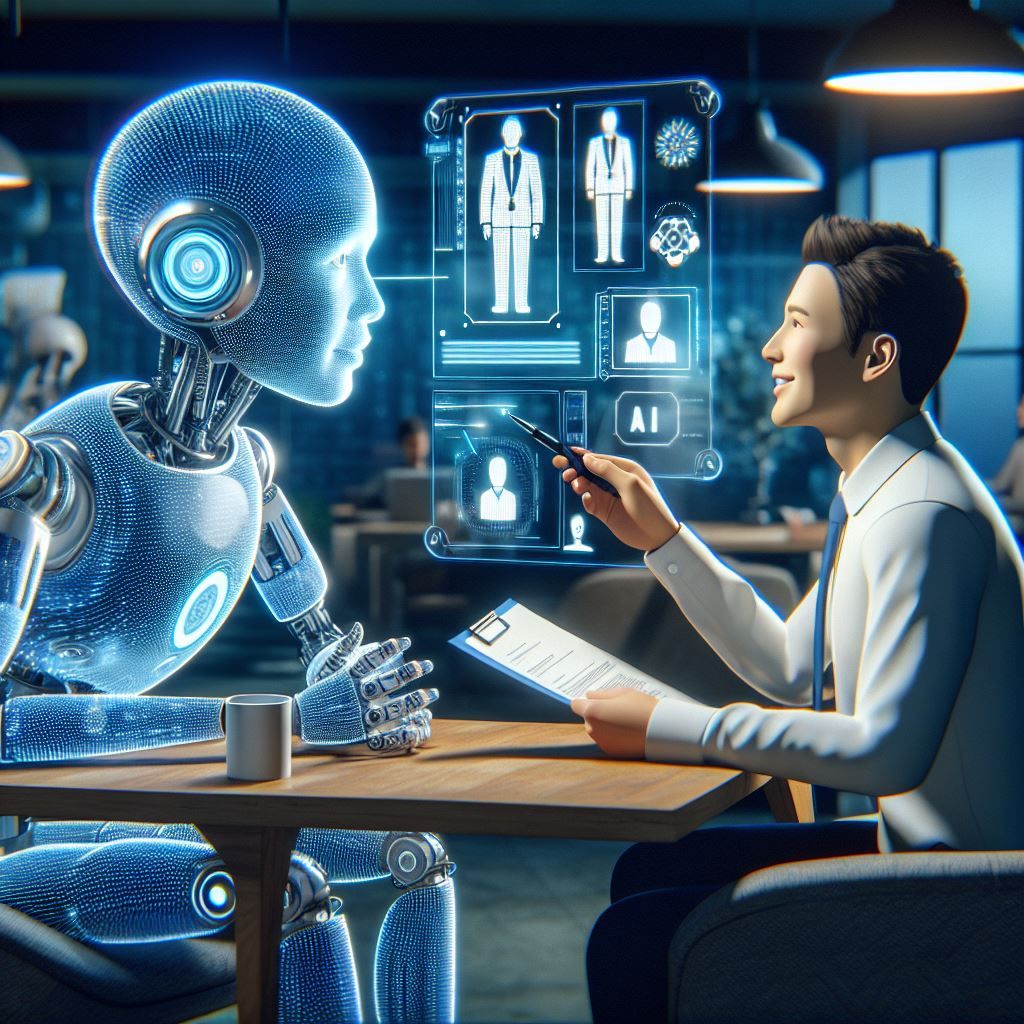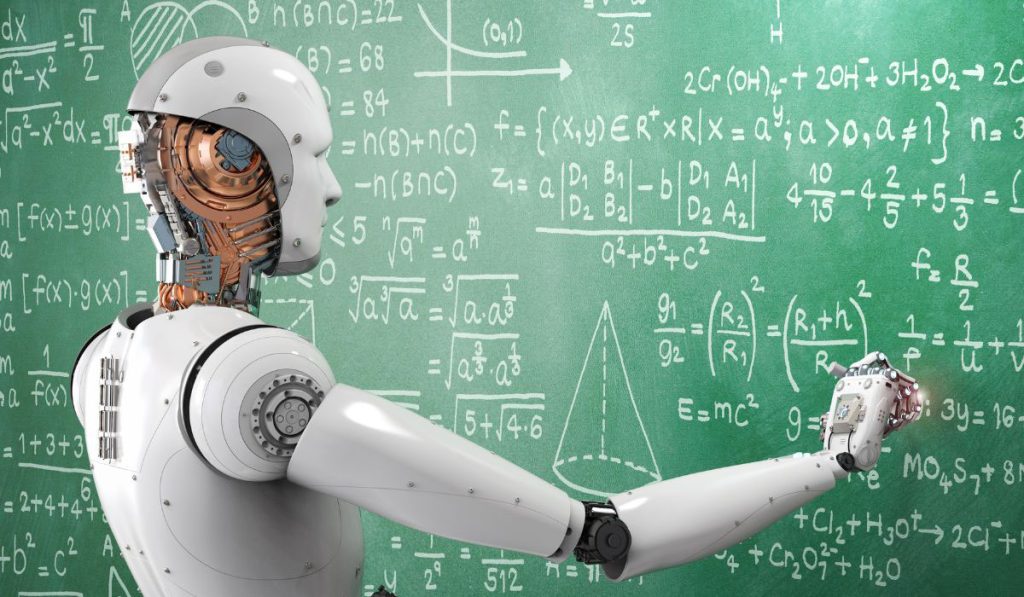Education, the cornerstone of progress and individual growth, is undergoing a revolution driven by artificial intelligence (AI). No longer just a futuristic concept, AI is already fundamentally changing the way we teach, learn, and prepare for the ever-evolving world. This guide delves into the exciting transformation, exploring how AI is shaping the future of education and its potential impact on students, educators, and society as a whole.
Beyond Textbooks: Personalized Learning Experiences
Imagine a classroom where each student receives a tailor-made curriculum, content adapts to their individual learning pace and style, and feedback is immediate and personalized. This is the vision of AI-powered education, where algorithms analyze student data to create unique learning paths.
Intelligent Tutoring Systems (ITS): These AI-powered virtual tutors provide personalized instruction, adapt questions based on student understanding, and offer targeted feedback, acting as a tireless and patient guide for individual students.
Adaptive Learning Platforms: These platforms leverage machine learning to personalize learning materials, adjusting difficulty levels, recommending relevant resources, and filling knowledge gaps identified through data analysis.
By catering to individual needs and learning styles, AI-powered personalized learning fosters deeper understanding, boosts engagement, and empowers students to reach their full potential.

From Passive Learning to Active Engagement: AI-powered Tools
The traditional teacher-centered model is shifting towards a more interactive and engaging experience driven by AI tools:
Immersive Learning: Virtual Reality (VR) and Augmented Reality (AR) powered by AI create interactive simulations and experiences, bringing abstract concepts to life and fostering deeper understanding. Imagine dissecting a virtual frog in biology class or exploring ancient civilizations in an immersive VR environment.
Gamification: AI-powered educational games leverage the power of play to motivate and engage students. Adaptive gameplay adjusts to individual skill levels, providing challenging yet achievable tasks, encouraging mastery and positive reinforcement.
Automated Grading and Feedback: AI can automate tedious tasks like grading essays or multiple-choice tests, freeing up teachers’ time for personalized feedback and deeper interactions with students. Additionally, AI-powered feedback systems can offer instantaneous and insightful analysis, helping students identify strengths and weaknesses more effectively.
These engaging tools not only boost motivation and knowledge retention but also cultivate crucial 21st-century skills like critical thinking, problem-solving, and collaboration.
AI as an Educator’s Ally: Empowering Teachers, Not Replacing Them
The fear of AI replacing teachers is a common misconception. Instead, AI serves as a powerful tool to empower educators:
Data-driven insights: AI helps teachers analyze student data, identifying individual needs and potential learning gaps. This allows for targeted interventions and differentiated instruction, enabling teachers to optimize their teaching strategies and personalize classroom experiences.
Administrative workload reduction: AI can automate administrative tasks like grading essays, scheduling, and generating reports, freeing up valuable time for teachers to focus on more impactful interactions with students.
Professional development: AI-powered platforms can provide personalized professional development opportunities for teachers, tailoring learning modules and resources to their specific needs and skill sets.
By enabling educators to focus on personalized mentorship and fostering deeper learning experiences, AI empowers them to become even more effective guides in the education journey.

The AI Revolution: Navigating the Challenges
With every technological advancement comes challenges, and the integration of AI in education is no exception. We must address concerns like:
Equity and access: Ensuring equal access to AI-powered technology and resources for all students across diverse socioeconomic backgrounds is crucial.
Data privacy and security: Protecting student data privacy and using it ethically is paramount, requiring robust data governance measures.
Teacher training and support: Equipping educators with the skills and knowledge to effectively harness AI tools is essential for successful implementation.
The human touch: Fostering critical thinking, creativity, and social-emotional skills, which are difficult to replicate with AI, remains a crucial role for educators in the AI-powered classroom.
By addressing these concerns proactively and fostering responsible development, we can ensure AI serves as a force for good in education, unlocking its potential to create a more inclusive, impactful, and personalized learning experience for all.
Embracing the Future: Shaping Education with AI
The future of education is not about AI replacing teachers or rote memorization replaced by algorithms. Instead, it’s about empowering both educators and students through technology, transforming teaching and learning into a collaborative, data-driven, and deeply engaging journey. By harnessing the potential of AI responsibly and fostering human-centered design, we can create an education system that empowers individuals to thrive in a rapidly changing world.

